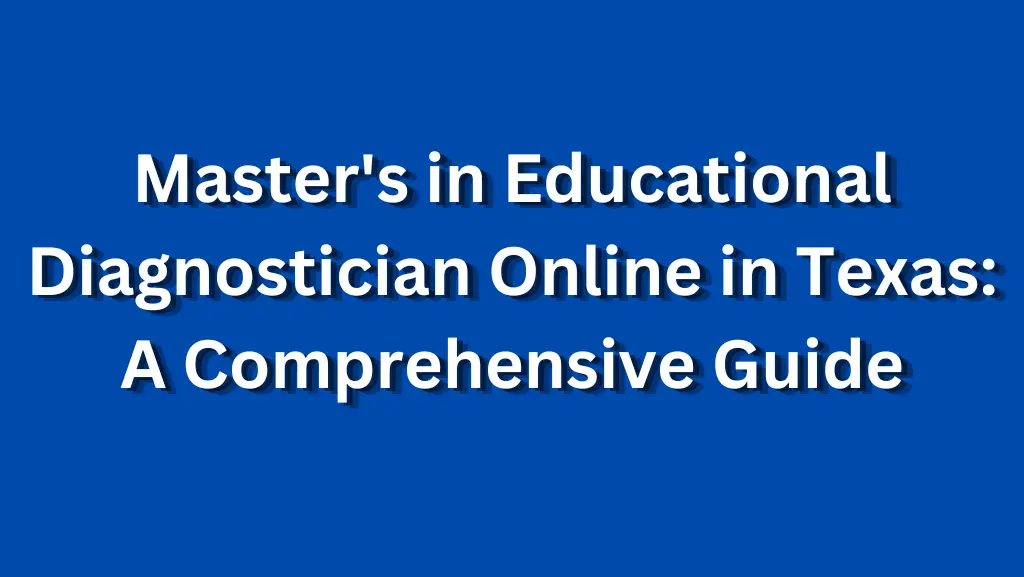What Does an Educational Diagnostician Do?

An educational diagnostician is a professional who assesses students with learning disabilities and determines the best course of action to help them succeed academically. These professionals work in schools and other educational settings to evaluate students’ strengths and weaknesses, identify learning disabilities, and develop individualized education plans (IEPs) to help students overcome their challenges.
Assessing Students
The first step in the diagnostic process is to assess the student’s academic abilities and identify any areas of weakness. This may involve administering standardized tests, observing the student in the classroom, and conducting interviews with teachers, parents, and the student. The diagnostician will also review the student’s medical history and any previous evaluations or assessments.
Once the diagnostician has gathered all of the necessary information, they will analyze the data to determine if the student has a learning disability. This may involve comparing the student’s performance to that of their peers, looking for patterns of strengths and weaknesses, and considering other factors that may be impacting the student’s academic performance.
Developing Individualized Education Plans (IEPs)
If the diagnostician determines that the student has a learning disability, they will work with the school and the student’s parents to develop an individualized education plan (IEP). This plan outlines specific goals and objectives for the student, as well as strategies and accommodations that will help them succeed academically.
The IEP may include accommodations such as extra time on tests, preferential seating in the classroom, or assistive technology to help the student with reading or writing. The diagnostician will also work with the student’s teachers to ensure that they are aware of the student’s needs and are providing appropriate support in the classroom.
Collaborating with Teachers and Parents
Educational diagnosticians work closely with teachers and parents to ensure that students receive the support they need to succeed academically. They may provide training to teachers on how to work with students with learning disabilities, or offer suggestions for classroom accommodations and modifications.
The diagnostician will also communicate regularly with parents to keep them informed of their child’s progress and to answer any questions they may have. They may provide resources and support to parents to help them better understand their child’s learning disability and how they can support their child at home.
Advocating for Students
In addition to assessing students and developing IEPs, educational diagnosticians also serve as advocates for students with learning disabilities. They may work with school administrators to ensure that students with learning disabilities are receiving the appropriate support and accommodations, or advocate for changes in school policies or procedures that may be impacting students with disabilities.
The diagnostician may also work with outside agencies and organizations to ensure that students with learning disabilities have access to the resources and support they need to succeed academically. This may involve collaborating with healthcare providers, social workers, or other professionals to provide comprehensive support for the student and their family.
Conclusion
Educational diagnosticians play a critical role in helping students with learning disabilities succeed academically. By assessing students, developing individualized education plans, collaborating with teachers and parents, and advocating for students, these professionals ensure that students with learning disabilities receive the support they need to reach their full potential. If you believe that your child may have a learning disability, consider reaching out to an educational diagnostician to learn more about how they can help.






